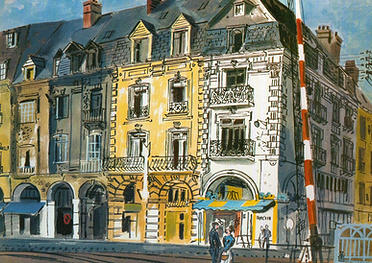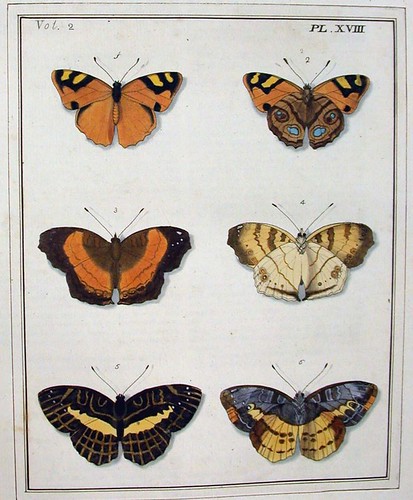Apologies for the blog silence - these past days have turned out busier than expected, and I don't even have another gem of Derbyshire church architecture to share with you. Next time perhaps...
Today, I note, is the birthday of that fine poet Peter Porter, who would have been 86 today. He died less than six years ago, and seems in danger of being undeservedly forgotten, perhaps because he was urbane, allusively erudite, sometimes apparently frivolous, and prolific, making the writing of poetry seem easy. These are attributes that tend to work against a poet's posthumous reputation, at least in this country. What public there is for poetry here seems to prefer the overwrought and effortful - Dylan Thomas, Ted Hughes - or the unapologetically populist: Betjeman and lesser light versifiers. In the space between, little thrives in the shade of the simultaneously great and popular Larkin, and it's hard to believe that he is likely to have a successor any time soon. (Geoffrey Hill, our greatest living poet, will of course endure, but even in death will surely never be popular.)
Porter, then. I've written about him before - for example, on his wonderful
An Angel in Blythburgh Church and
this poem inspired by a Renaissance portrait. He was a great friend of and influence on his fellow Australian Clive James, who wrote that Porter's poetry 'had everything, and all at once. It was classicism in terms of the modern age, and the modern age seen in terms of the whole of history. It was a world in itself, but intimately connected to the world we were living in: connected by bonds of slang, wit, form and rhythm.' Porter himself took as his watchword some lines of Auden's (another suspiciously prolific and urbane poet):
'Be subtle, various, ornamental, clever,
And do not listen to those critics ever
Whose crude provincial gullets crave in books
Plain cooking made still plainer by plain cooks,
As though the Muse preferred her half-wit sons;
Good poets have a weakness for bad puns.'
Here is Porter in short (and serious) form, in a tight twelve-liner that deftly flips a bright image from Chagall over onto its dark side. It's seldom a good idea to trace straight lines from life to work, but Porter had plenty of experience of tragedy in his life, including his mother's sudden death when he was still a child, and his first wife's suicide. 'The bride is shrouded by her train' indeed...
A Chagall Postcard
Is this the nature of all truth,
The blazing cock, the bride aloof,
The E-string cutting like a tooth,
The night that crows?
The cock has seen the standing grain,
The bride is shrouded by her train,
The violin is strung with pain,
A cold wind blows.
From earth to sky the cry ascends,
What breaks will threaten where it mends,
Proud lovers end as pallid friends,
These feed on those.








